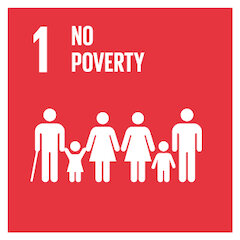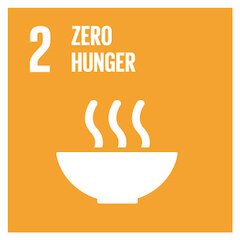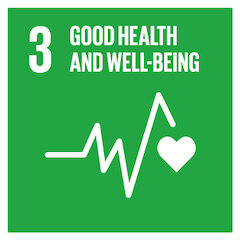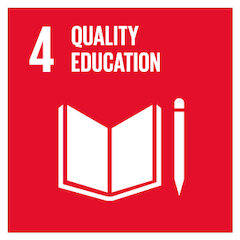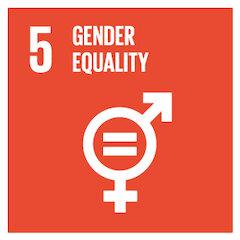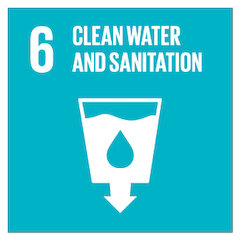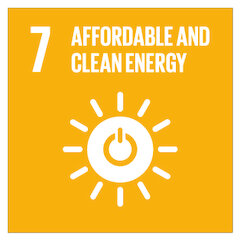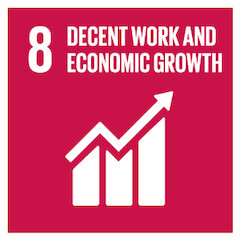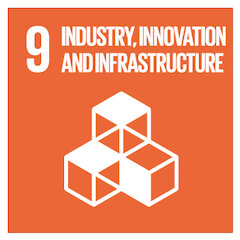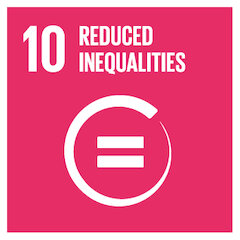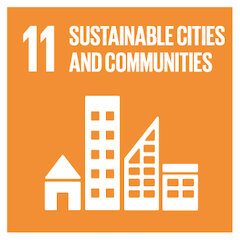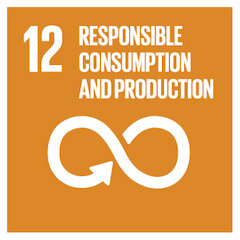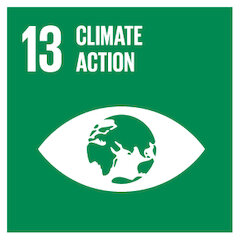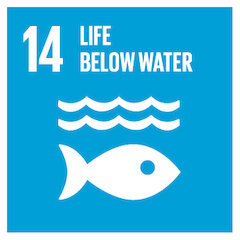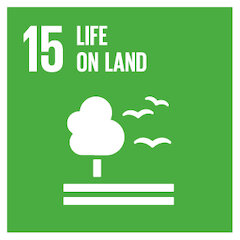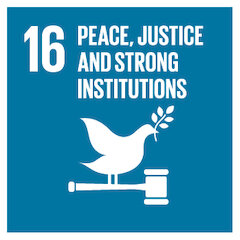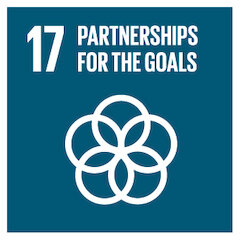Energy is a key driver of sustainable development and is often described as the ‘golden thread’ that links most of the SDGs and the 2030 Agenda pledge to ‘leave no one behind’. Ipieca convenes the sector to align and accelerate contributions to national achievements of the goals.
SDG Roadmap
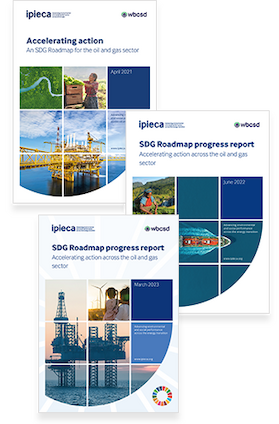
In April 2024, Ipieca published its third SDG Roadmap progress report, building on the 2023 report to demonstrate progress and assess where gaps are. The report includes case studies of how member companies are implementing the Roadmap, as well as examples how Roadmap actions are embedded in the Ipieca business plan. The 2024 reports feature a new section on reporting and measurement of the SDGs.
SDG Atlas
In 2017, Ipieca partnered with the United Nations Development Programme (UNDP) and the International Finance Corporation (IFC) to develop a shared understanding of the implications of the UN SDGs for the oil and gas industry and how the industry can most effectively contribute. The resulting Ipieca-IFC-UNDP SDG Atlas presents the SDGs goal by goal, focusing on the contribution the industry can make to each goal, by integrating them into core business operations and by identifying opportunities for oil and gas companies to collaborate with other stakeholders and leverage experiences and resources in support of the goals.

